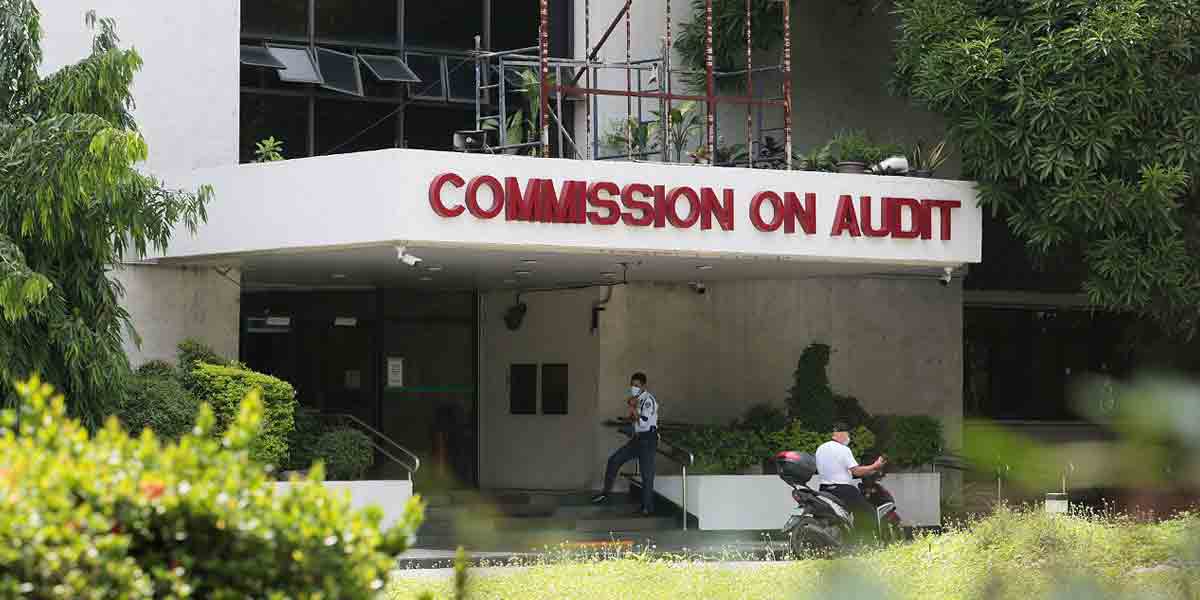By Herman M. Lagon
In a world where privilege often leads to complacency, Lou Sabrina “Sab” Ongkiko’s speech, that went viral again last month, to Ateneo de Manila University students opting to minor in education was a clarion call to action. Drawing from her then 14 years of experience in public school education, the words of this 2021 Metrobank Outstanding Filipino resonated deeply with those who were listening and from the hundreds of thousands more who watched and shared it in social media ever since it became viral.
Sab opened her speech at the Ateneo GBSEALD Minor in Education Awarding Ceremony 2023 with a candid confession: teaching in public schools is challenging and often emotionally draining. She painted a vivid picture of the exhaustion and frustration that come with the territory. Yet, she balanced this with the profound fulfillment that teaching offers—seeing the best in Filipinos and witnessing the resilience of her students. Her honesty set the tone for a discussion that was as inspiring as it was sobering.
A significant portion of her sharing addressed systemic issues within the educational framework. Sab did not shy away from critiquing the broken system that leaves many students, like her former student Jason, struggling. Yes, it is inspiring, but, as Sab asked, “Must it be like this? Must this always be like this? What if Jason’s parents were given proper reproductive health education—would they have had more children? If our system worked for Jason’s father, would he have resorted to selling drugs? If our system supported street children, would Jason have been helped more? Must life be this way?”
Sab stressed that while resilience is commendable, it should not be used as an excuse for systemic inadequacies and social injustices. Her call for structural reforms underscored the need for a collective effort to address these deep-rooted issues
Sab’s journey from pre-medicine to teaching is a testament to her dedication to education and social justice. She shared how her faith and trust in the potential of Filipinos motivated her career shift. She said this change was a commitment to a greater cause, not just her career. Her story showed the power of purpose and conviction.
Sab reminded Atenean graduates of privilege’s responsibility. She advised them to use their education to improve society. She stressed the importance of self-reflection and action, drawing from her own experiences and Ateneo’s support. Her words reminded us to use privilege for the greater good and to act for and with others rather than just talking and thinking.
Sab recounted touching public school experiences throughout her speech. These stories of hardship and hope showed students’ harsh realities. However, they showed these young minds’ resilience and potential. Her stories showed how dedicated teachers can make a difference even in difficult situations.
Sab also stressed advocacy. She passionately advocated for public school teachers and students’ voices. She stressed that all educators and students should have access to such opportunities, citing her own platform and recognition. Her speech focused on equal recognition and support.
She also showed her gratitude to Ateneo. She said the institution’s support and “cura personalis” (care for the whole person) shaped her teaching. She said this principle is about nurturing people who want to make a difference as well as academic excellence. Her gratitude to Ateneo for her journey was touching.
The speech also mentioned teachers learning from students, which is often overlooked. Sab said her students taught her grit, hope, and small victories. Teaching is transformative because of this reciprocal relationship, she said. Her stories of learning from her students added depth and showed how students grow together in the classroom.
Sab asked the audience to consider their social role in several reflective questions. She wondered why Filipinos aimlessly fight in the social media and bluntly ignore corruption and wrongdoings in all levels—government, institutions, and homes. These questions were rhetorical but meant to inspire reflection and action. Her speech was relatable and thought-provoking because she combined personal stories with social issues.
Hope and encouragement were her final words. She acknowledged the challenges of public school teaching but valued it. She said seeing students succeed outweighs the challenges. Her message was simple: consider teaching in public schools and make a difference where it is needed. Her optimism and dedication to education were inspiring.
Sab’s speech reflected on the stark realities in Philippine education as well as her journey. She depicted a system in need of reform but with hope. Her balanced criticism and optimism made her speech a powerful call to action for educators. Her student stories remind us why educators do what they do. These stories of struggle and triumph stressed perseverance and hope, showing how one dedicated teacher can change many lives one at a time.
***
Doc H fondly describes himself as a “student of and for life” who, like many others, aspires to a life-giving and why-driven world grounded in social justice and the pursuit of happiness. His views do not necessarily reflect those of the institutions he is employed or connected with.




